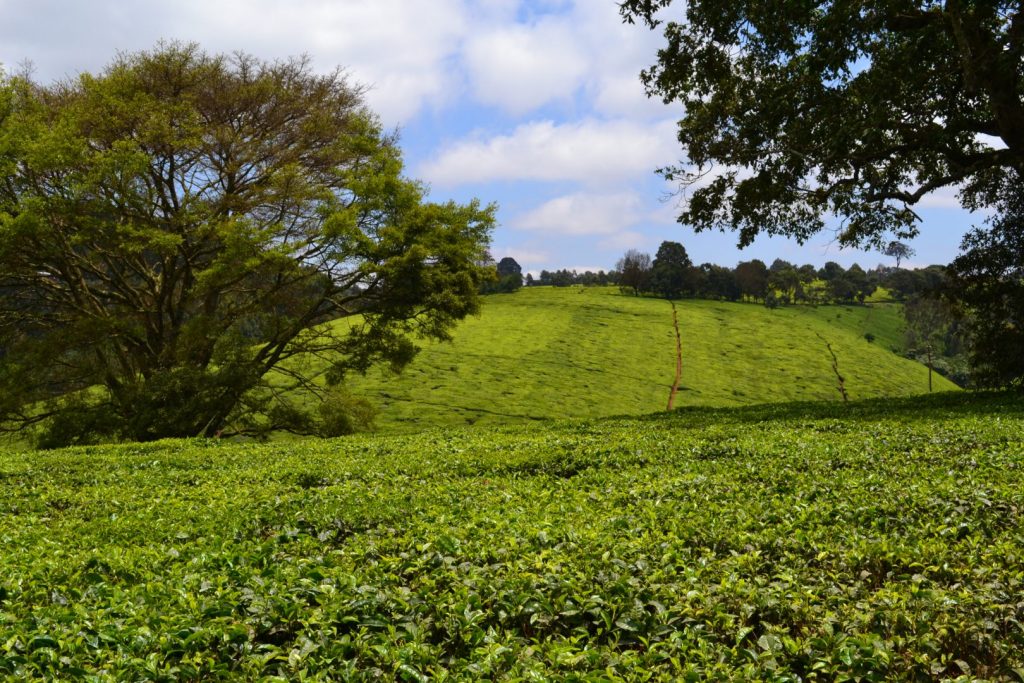CNN reports on the news that Nairobi has been ranked, apparently for the second year in a row, as the “most intelligent” city in Africa.
According to the Intelligent Community Forum, “intelligent communities” are those that have taken “conscious steps” to create an economy that can prosper in the “broadband economy.”
Well that’s definitely misleading: it’s not about intellectual intelligence. The forum merely considers the fact that Nairobi has relatively fast/cheap broadband, incubators for tech startups, and the ability to pay for stuff everywhere using our phones. Yeah, it does. Shrug.
So What?
The reality is that Nairobi is corrupt, dangerous, dirty, and expensive. I don’t think it’s any consolation to Nairobi’s denizens that their city is “intelligent.” Nairobi also has one of the most “painful” commutes of any city in the world. And the insecurity in Nairobbery obviously contributed to Kenya’s abysmal ranking in the 2014 crime index.
All of that doesn’t just stop being important because we can stream YouTube videos without buffering! We should be focusing on metrics that matter, like the Human Development Index or the Global Peace Index.

